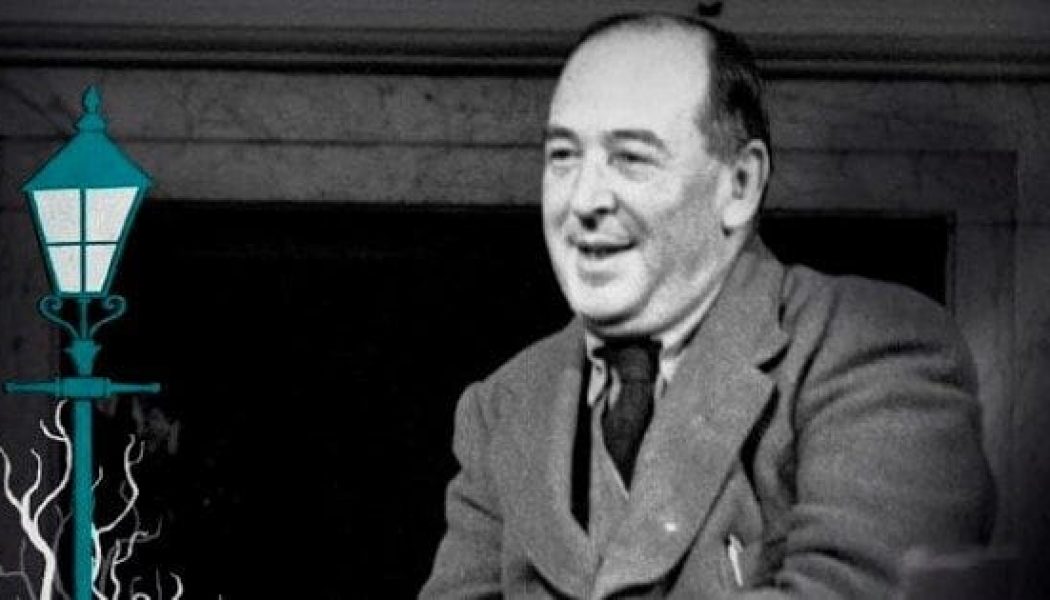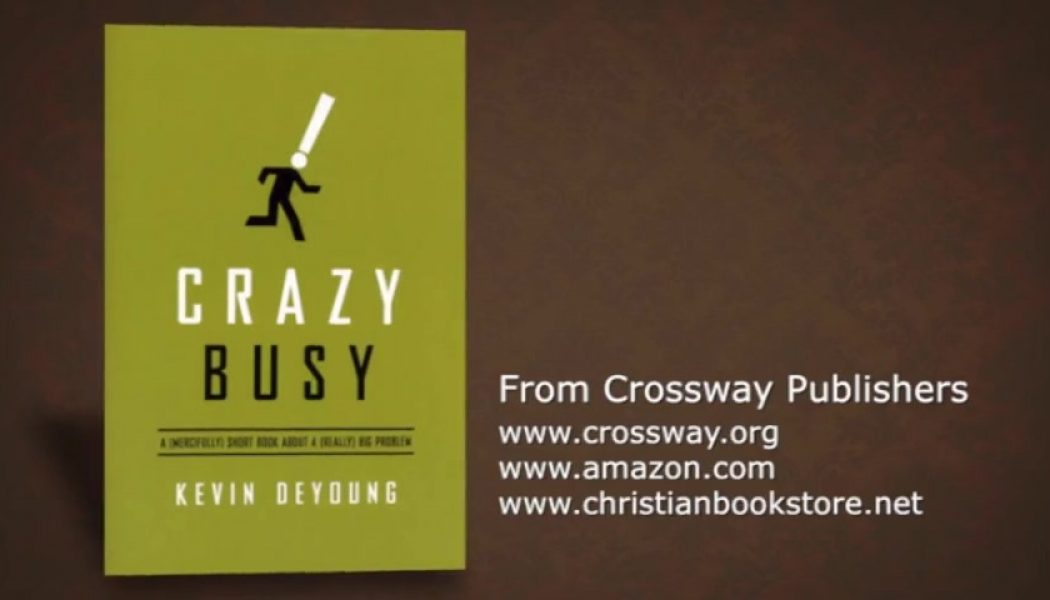Fisher of Men
Week Two of Advent
Introduction The second Sunday in Advent (Advent II) continues on the path started in the first week by looking forward to Christ’s first and second coming. Advent II focuses on John the Baptist, the Gentiles being included in God’s family, Christ’s coming in judgment and peace, and the church’s hopeful expectation of the completion of his promises. The Scripture and Theology of the Second Week of Advent Whereas the Scripture readings for Advent I speak broadly about God’s promise to bring Israel out of exile, the readings for Advent II focus more specifically on the Messiah and what his coming will look like. Old Testament Readings Old Testament readings for Advent II reflect on the type of kingdom the coming Messiah will bring: one of judgment and peace. Isaiah 11:1 says, “There s...
Christians, Alcohol, and the Bible
“Don’t drink, don’t chew, don’t go with girls that do.” It may be bad poetry, but at least it has the virtue of being clear. And fifty years ago, many American Evangelicals would have agreed that alcohol consumption was a sure sign of worldliness, if not a lack of genuine faith altogether. But times have changed, as a recent CT article shows, citing Moody Bible Institute lifting its ban on alcohol and tobacco use for full time employees. This change is part of a larger shift in how Evangelicals think about cultural activities once deemed questionable. Consider, for example Brett McCracken’s recent book Gray Matters: Navigating the Space between Legalism and Liberty, which discusses Christian consumption of food, music, movies, and alcohol.[1] Emotions run high on this issue. This is unders...
A Very “Selfie” World
By now you may have heard that Oxford Dictionary’s word of the year is “selfie.” Clueless? It’s a reference to a smartphone self-portrait, now shorthand for any self-taken photograph. Pictures used to be taken, and later shown, as a way of saying “We were there.” Now, they are taken and instantly relayed through social media to say, “We are here.” It’s a good word for our day, as without a doubt, it has become a very “selfie” world. Or as Christopher Lasch presciently noted, ours is a culture of narcissism. In Greek mythology, Narcissus is the character who, upon passing his reflection in the water, becomes so enamored with himself that he devotes the rest of his life to his own reflection. From this we get our term “narcissism,” the preoccupation with s...
Beware of “Black Friday”
Crosswalk Editor Debbie Wright sits down with Mary Hunt to discuss her new book Debt-Proof Your Christmas and ways to make your Holiday season special without breaking the bank. DebtProofLiving.com Originally published November 27, 2013.
How to Deal with Holiday Family Tensions
We tend to idealize holidays, but human depravity doesn’t go into hibernation between Thanksgiving and New Year’s. One thing that will hit most Christians, sooner or later, are tensions within extended families at holiday time. Some of you will be visiting family members who are contemptuous of the Christian faith and downright hostile to the whole thing. Others are empty nest couples who now have sons- or daughters-in-law to get adjusted to, maybe even grandchildren who are being reared, well, not exactly the way the grandparents would do it. Still others are young couples who are figuring out how to keep from offending family members who are watching the calendar, to see which side of the family gets more time on the ledger. And others are new parents, trying to figure out how to pa...
The Generic Thanksgiving
My thrice-great grandmother was a Choctaw Native born in South Mississippi in 1845. Her name was Clementine “Thankful” Page. I’m not sure what her parents called her in the day-to-day but I’ve imagined it would be great if she went by “Thankful.” I can imagine that name echoing through a house in those antebellum years. “Thankful, it’s time for dinner” or maybe, “Thankful, what did you do?” What a wonderful name and a great way to be remembered. For whatever reason, her parents chose to mark her life with a constant reminder of gratitude. Likewise, Christians have been given a new name in Christ and we should be marked by the virtue of thanksgiving. “Thankful” should be our name. Many nations have their own traditional “Day of Thanks.” Here in the United States, our country celebrat...
50 Years after His Death
When President John F. Kennedy was assassinated in Dallas, Texas, November 22 1963 was engraved in the annals of history. But while the world reeled in shock and grief, another great figure of the twentieth century peacefully died in his bedroom. C. S. Lewis, beloved author of The Lion, the Witch, and the Wardrobe finally passed from the Shadowlands into the Solid World of Heaven. Lewis is more popular today than he was fifty years ago. And the approaching anniversary of his death has prompted fresh attention on Lewis, including a recent conference, the November issue of Christianity Today, and a recent article from the Religious News Service. Unfortunately, the RNS article contains many factual errors and could leave readers with some false impressions about Lewis’s childhood ab...
God-Glorifying Social Media
The natural response to seeing God’s glory is to audibly praise Him. Psalm 35:27-28 says, “Let those who delight in my righteousness shout for joy and be glad and say evermore, ‘Great is the Lord, who delights in the welfare of his servant!’ Then my tongue shall tell of your righteousness and of your praise all the day long.” Since the digital revolution, the platform of our audible voice has extended into the digital realm. We now have a digital voice. The all-daylong praise of God’s glory in Psalm 35 extends into this realm, especially through social media. It is far easier to praise God’s glory through the medium of social media than many realize. Here are three common-sense techniques to share God-glorifying social media content. 1. Share a God-glorifying Word L...
All We Have to Give
A few weeks ago I preached at a Christian High School chapel. In one sense speaking to teens is different than speaking to adults. The audience was made up of people young enough to be my own children. People that are growing up in a culture very different than the one I grew up in. Young people who are into things I haven’t yet heard of. What do I have to give the young ones? I’ve been preaching for 20 years, and over the past two decades I have come to see that my words accomplish nothing. My most persuasive arguments, my most passionate pleas, and my earnest articulation is powerless to change the human heart. My words cannot heal the soul or help the weary, and they certainly cannot raise the spiritually dead to new life. Yet, I believe expository preaching is the means the Holy ...
How to Conquer Discouragement
“I have a tough life,” my five-year-old cousin said. “Really? Why is that?” I asked. Folding his arms, he looked up at me with his big blue eyes as he rattled off his complaints. “Well, I get spankings, I get time out, and I have to clean my room!” I couldn’t help bursting out in laughter. In return, he just looked at me quizzically as if silently asking, “Why are you laughing? I’m serious!” After regaining my composure, I shook my head and said, “I don’t think that’s too terrible, buddy. I think you’re gonna be okay.” Later that day my cousin’s complaint made me wonder: How often does God smile down at us and say, “Everything is going to be all right, my child”? In our fallen world, we’re constantly bombarded with situations that tempt us to complain about how tough our lives are. Sometim...
Are You Crazy Busy?
A life of constant chaos is far from what God intends. In “Crazy Busy,” a mercifully short book about a really big problem, pastor Kevin DeYoung seeks the restful cure we’ve all been too busy to find. Originally published November 11, 2013.
The Comparison Game
Not that we dare to classify or compare ourselves with some of those who are commending themselves. But when they measure themselves by one another and compare themselves with one another, they are without understanding. 2 Corinthians 10:12 I know the comparison game well. I have played it many times, whether it was comparing my fashion style to those of my friends, comparing my children’s behavior to those of others, or comparing my lack of organization skills to those who seem super organized. I have played this game often and lost every time. Comparison reveals our brokenness. The reason we compare ourselves is because deep inside we are dissatisfied with what we have and who we are. Whether we feel good or bad after we compare ourselves to someone else, we do it beca...























